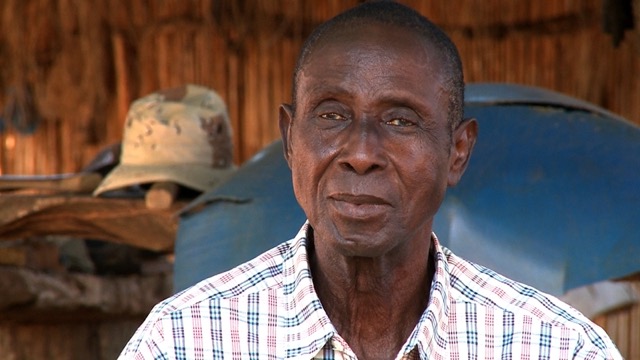The Tribute to Venâncio Mbande
Venâncio Mbande was a Mozambican musician who had a long career in this area, becoming the best-known Mozambican Timbila musician (a traditional Mozambican instrument). Venâncio Mbande learned to play Timbila at the age of six, influenced by his family. And after emigrating to South Africa to work, he started his own orchestra and began composing original music, thus beginning the process that would later make him one of the greatest masters of Chope music. The elaborate orchestral style of playing complex musical arrangements in Timbila set Venâncio Mbande apart from other xylophonic musical traditions in other parts of Africa.

Using just one instrument, Timbila orchestras permeate the cultural fabric of Chope society. Like some West African musical dynasties, the skill of playing Timbila is passed down in families from one generation to the next. The importance of this cultural tradition was recognized by UNESCO, which in 2005 declared Timbila as Intangible Cultural Heritage of Humanity. One of the most prominent Timbila masters in the world was Venâncio Mbande (1933 – 2015).
The Tribute to Venâncio Mbande is an initiative to promote the continuity of the practice of Timbila in contemporary Mozambique and the strengthening of memory regarding its Masters, resulting in the release of the new album “Tatei Watu”, recorded by Nzango Artist Residency in partnership with Swiss Embassy, in honor of master Venâncio Mbande.
The Tribute to Venâncio Mbande
8 Videos








